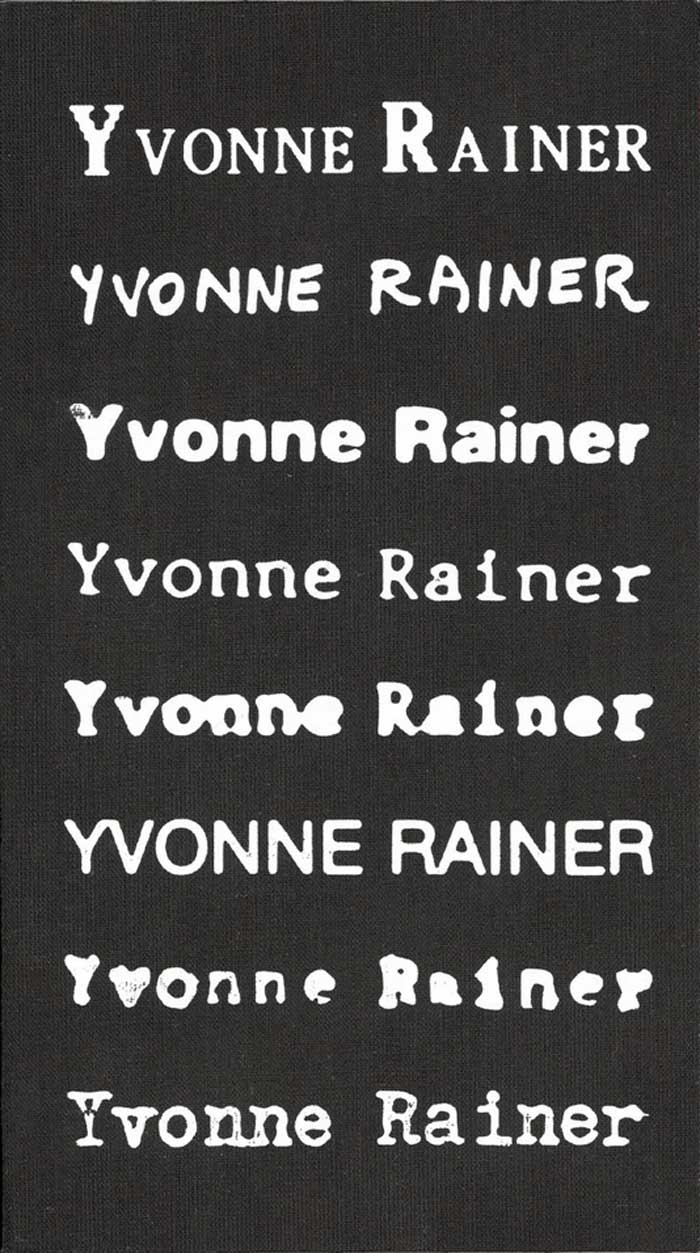
Be Good, If You Can't Be Good, Be Good at It Boom Boom Boom Boom
Rebecca Jane Arthur, Eva Giolo
BE GOOD, IF YOU CAN’T BE GOOD, BE GOOD AT IT Boom Boom Boom Boom is a publication composed of letters, notes, anecdotes,translations, stills and images: all traces of the creative process. The artists Rebecca Jane Arthur and Eva Giolo bring together their correspondence on the act of writing and of filmmaking, in all its complexity, struggles and playfulness.
The letters unpack themes such as the challenge of making personal work and the strength found in sharing vulnerability; the act of writing itself, language and translation; writing on moving images, on their practices and that of others; and the notion of a place as a container of memories, of interiority and the confrontation with home. The publication uses words and texts as images, and all images of persons or things are hidden. The publication acts as a negative to the films that we create, revealing that which cannot be.
Publisher: Les éditions du CVB
Publication Date: March 2021
Language : English & French
ISBN: 978-2-9601799-7-2
Softback, 311 pages, fully illustrated





